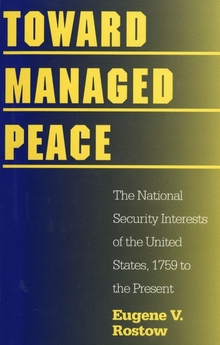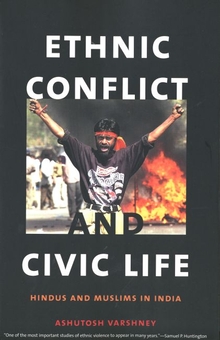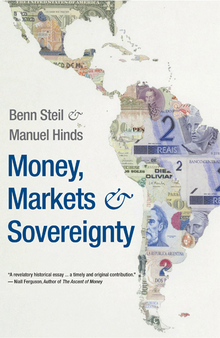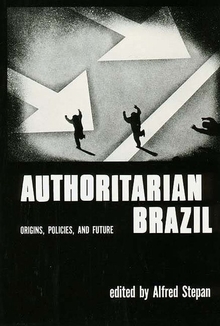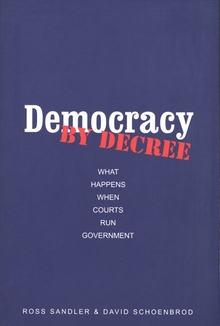Toward Managed Peace
WARNING
You are viewing an older version of the Yalebooks website. Please visit out new website with more updated information and a better user experience: https://www.yalebooks.com
The National Security Interests of the United States, 1759 to the Present
Eugene V. Rostow
Rostow shows that except for the disastrous interlude between the two world wars, the United States has always played an active role in world affairs, first as a target state under the protection of Great Britain, and later as a leading participant. The lesson of America's international experience, Rostow finds, is that the moral goal of American foreign policy is the achievement and maintenance of peace, not a universal crusade for democracy and human rights. The United States, he says, is an indispensable leader in that effort.
"Eugene Rostow's new book embodies a lifetime of reflection, experience, and advocacy. It presents a rich and challenging view of the main issues for American diplomacy, past and present."—David Calleo, The Johns Hopkins Nitze School of Advanced International Studies
"A cogent analysis of the nature of the international system and the part the United States has played in its development. It says many wise things about how to improve the operation of the system and presents a formidable case against any reduction in America's commitments to that program, which is as essential for the interests of the United States as it is for the management of problems throughout the world."—Sir F. H. Hinsley, former professor of the history of international relations, University of Cambridge
"Toward Managed Peace includes a brilliant review of the evolution of U.S. foreign policy with particular emphasis upon the rule of law. It is important reading for all those interested in U.S. policy formulation for the future."—The Honorable Paul H. Nitze, former Arms Control Negotiator
"This superb short diplomatic history of the United States provides valuable insights into how the United States ought to deal with major world problems."—Robert F. Turner, University of Virginia
"This powerful analysis will engage the attention of academics and practitioners of a variety of persuasions."—Margaret Blunden, American Politics Review
"In the first of three planned volumes dealing with the U.S. and the international system, Rostow lays out his notions of the proper role for the nation in foreign affairs and then devotes the bulk of his book to a survey of American diplomatic history from the Revolution to the end of the Cold War. . . . written in a lively and forceful style."—Choice
"Perhaps the most valuable contribution of this book lies in the author's historical explication of the growth of American self-interest. . . . This is a marvelously stimulating book, filled with telling quotations and epigrammatic statements, rich in practical wisdom and the lore of statecraft."—Patrick Glynn, Commentary
"Rostow's book is well-informed about the history of U.S. foreign policy, sensitive to the environment of U.S. strategy making, and readable by the intelligent laity as well as academics or foreign policy and strategy professionals."—Stephen J. Cimbala, Journal of Politics
"A pithy yet accessible history of how the U.S. has interacted with other nations, with advice for the future. Former arms-negotiator and undersecretary of state Rostow speaks to both the past and current realities of diplomacy."—Kirkus Reviews
"Comprehensive and penetrating. . . . Toward Managed Peace is an important contribution to the literature on American diplomatic history. The scope and depth of this book are impressive. . . . Our policymakers would be wise to heed the advice found in this intellectually stimulating and engaging book."—Richard J. Payne, The Annals of the American Academy of Political and Social Science
"There is many an interesting historical observation and nugget in this book, and many a polished turn of phrase. Without reducing present concerns to some unchanging historical pattern, [Rostow] is right to set the apparently bewildering problems of the post-Cold War world in some longer-term framework, both to show how all that appears to be new is not so new at all and to bring to the surface political and moral questions that others, both sensible and crazed, have been discussing for the odd century."—Fred Halliday, Washington Post Book World
Publication Date: February 22, 1995

